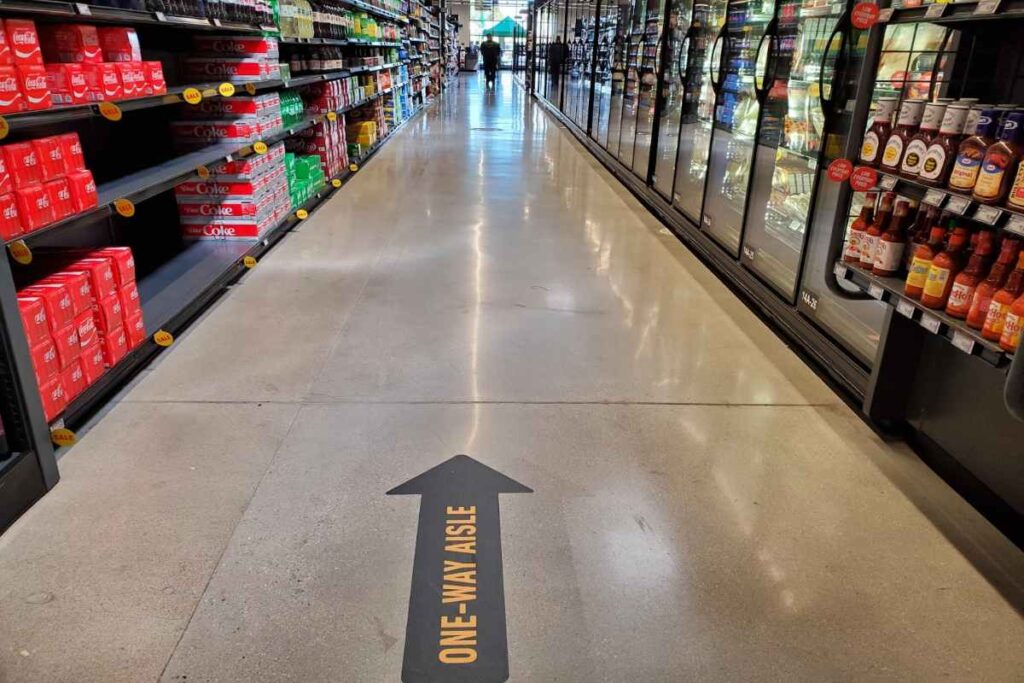Treasury Secretary Janet Yellen is not new to granting interviews; however, she probably regrets one she granted recently. When asked if she’s feeling the impact of inflation during grocery shopping, Yellen simply said, “No.”
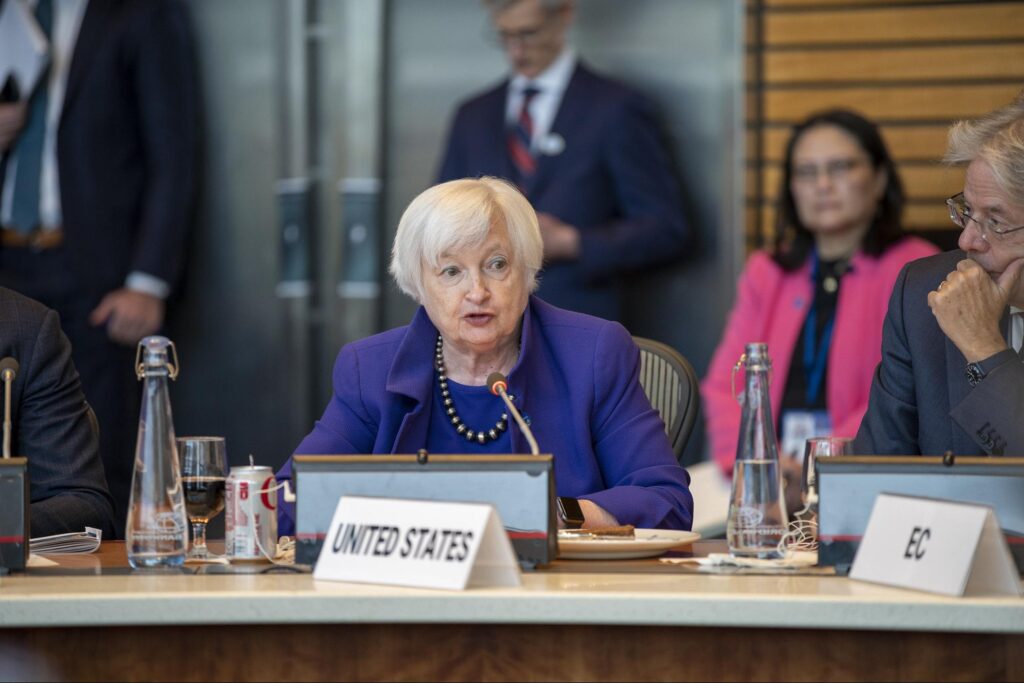
It shocked many that Yellen did not see the soaring price of items as a cause for concern. Indeed, inflation and how the current administration has handled it so far will inevitably influence electorates’ choices during the November elections.
Grocery Prices Have Increased Significantly
Under the Biden administration, households have experienced double-figure budget increases, and soaring grocery prices are one reason why. Indeed, some families are wondering how they would survive if these costs went any higher.
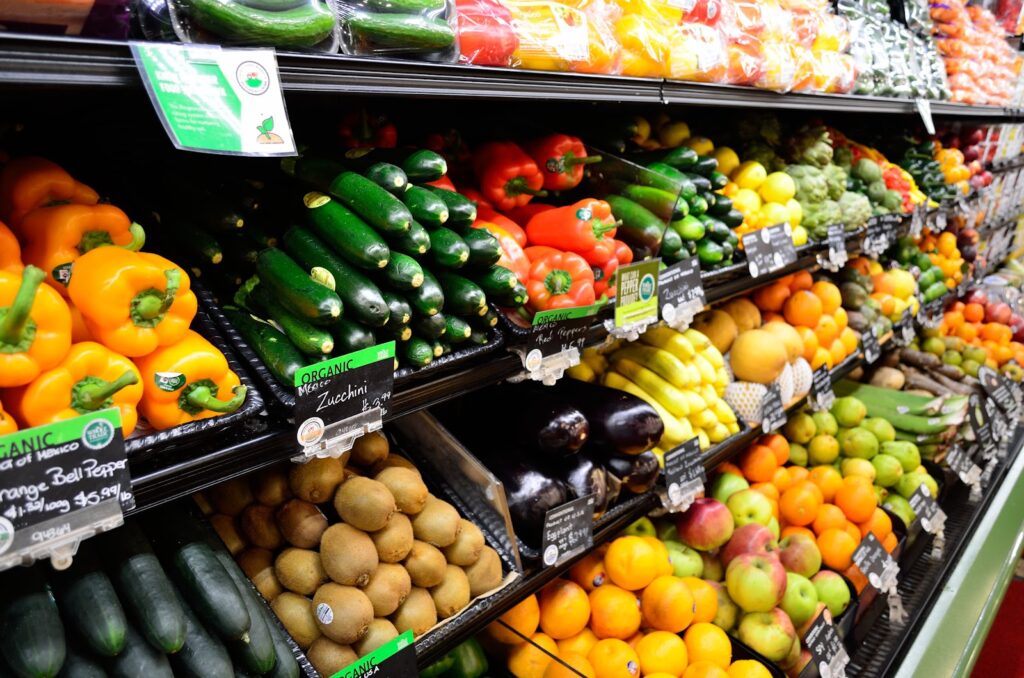
The exorbitant prices of groceries have resulted in a proliferation of diverse tips on how to save when grocery shopping. Some of the suggestions include sticking to a shopping list, hunting for the best prices at multiple stores, and subscribing for brand loyalty points.
Consumers Are a Bit Confused About the Economy’s Trajectory
Some people are confused about whether they’re spending too much on grocery shopping, so they take to social media to share their purchases. However, the outcome is not always amenable, as such people sometimes get called out for buying too many snacks or other items that netizens think are non-essential.

Another trend that’s affecting grocery shoppers is shrinkflation. This involves companies producing consumer goods, keeping the price of their items the same in the face of inflation but then shrinking the size of the item offered at that price.
The Rich-Poor Dichotomy
Back to Secretary Yellen: She’s worth an estimated $20 million, shops for groceries weekly, and admitted during that interview that there’s nothing surprising about the increase in grocery prices. Yellen’s opinion has made many question the economic disconnect between officials and average Americans.

Jennifer Schonberger asked Yellen why grocery prices remained high despite the crash in global food prices and logistic costs. She said, “It’s sticker shock, isn’t it?” Yellen responded abruptly, “No.”
The Treasury Secretary Feels Inflation Will Recede
Yellen has since come out to defend her opinion on the persistently high prices of groceries. She attributes it to the irredeemable hike in operational costs, including wages. Profit margins may have increased equally, but Yellen affirms the costs are largely culpable.

The rise in wages also affects grocery prices, as stores are trying to match the new minimum wage for their workers. This new expense of the retail chains often spills over into unit items of groceries while their workers are better off.
Subsidizing the Price of Essential Items
In addition, Yellen claims to have met with grocery CEOs, most of whom have agreed to subsidize the prices of essential items like milk and bread. A little price cut would help everyone, but how about items that are occasional treats? Are they limited to the wealthy alone?

While the average American may have to whip up the calculator on their smartphone to access the cost of their next grocery trip, someone like Yellen will often buy what she wants without batting an eye.
Hopes Are High About the Trajectory of the Economy
However, Yellen is optimistic about inflation’s future prospects. She even postulated that inflation rates would crash to align with the Federal Reserve’s two percent benchmark.

So far, the federal government has launched multiple initiatives to provide a soft landing for Americans struggling with inflation-induced financial burdens. One such initiative is the three-year $100 million housing fund.
Inflation is Causing a Number of Maladies to the Economy
During a recent visit to Minneapolis, Yellen suggested that the lingering high inflation rates aren’t a product of a lack of policy changes. Instead, she feels that the high housing costs are the major usurper of economic revitalization in the US, which the sitting administration is looking to address via targeted investments.

Another product of the inflation onslaught in the US is the burgeoning $1.1 trillion credit card debt.
Housing Is the Major Weight Preventing Inflation Rebound
The economic hardship trotting alongside the inflation crisis is starting to change the narratives and opinions of electorates. It won’t be much of a shock if the housing and grocery debates influence the eventual outcome of the coming elections.

However, economic analysts affirm that inflation rates are not as bad as they were some years back. In 2022, rates climbed to 9.1%, an all-time high in the past 40 years. However, the inflation rate was estimated at 3.3% in May and may even trend a bit further towards the Fed’s two percent benchmark.
ALSO READ: Survey Reveals the Top 10 Companies With the Best Customer Service
Inflation Is a Thing, then It Isn’t
President Biden has openly acknowledged that inflation affects the entire United States citizenry. However, he added that they now have more disposable income, eliciting mixed reactions.
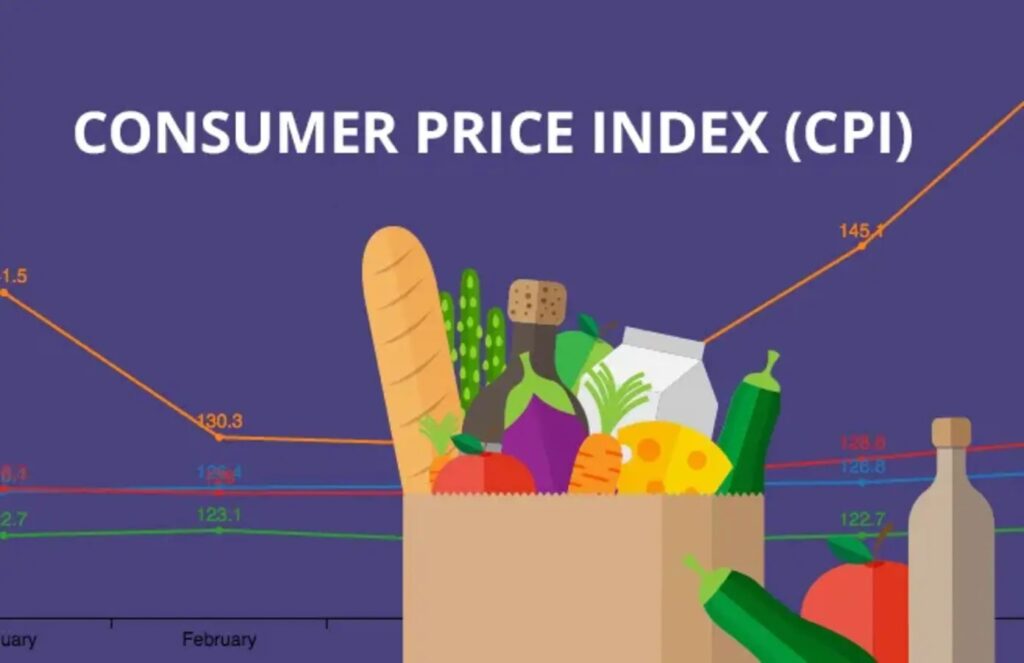
Nonetheless, the Biden administration is trying all possibilities to bring down the rising cost in multiple domains of life. For example, the administration is trying to make affordable housing units available while reducing living costs.
Who Is Responsible for the High Inflation Rate?
There are varying opinions about the culpable party responsible for the inflation crisis. Some feel the 2020 COVID-19 pandemic is responsible, while others feel Joe Biden, who took office in 2021, is responsible. Some parties opine that the crisis is a ripple effect of both Biden’s administration and the pandemic.
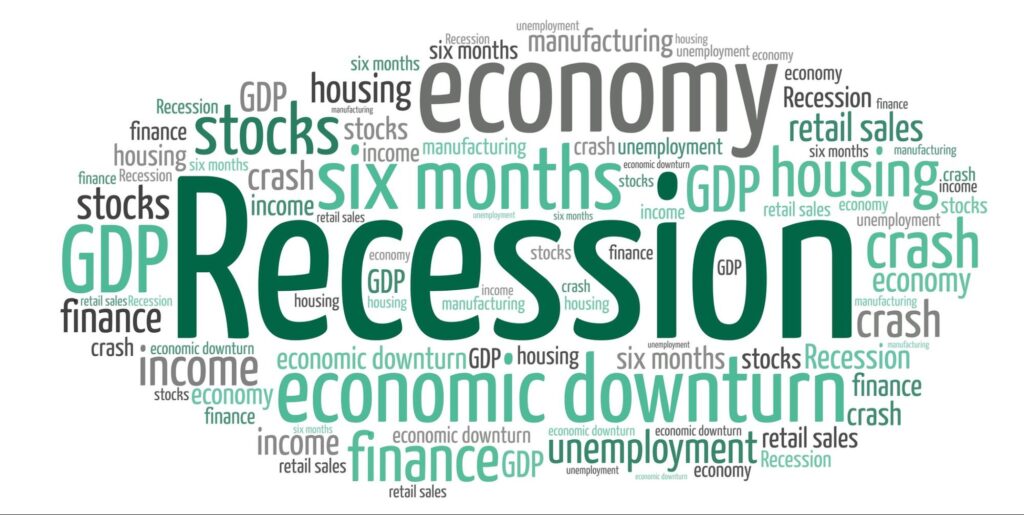
However, despite acknowledging the existence of the inflation crisis, Biden claims it isn’t as severe as people suggest. He also claims that most public opinion polls are misleading.
Economic Comparisons of Trump and Biden’s Administration
Some pundits have compared the cost of an average American’s visit to the grocery store under the administrations of Trump and Biden. During Trump’s presidency, the cost of a grocery visit was estimated at $107.81, and under Biden, it was $168.19.

Economic policies during those two administrations were quite divergent. Trump advocated tax and tariff cuts, while Biden tends to focus on corporate tax and spare the middle class.
You Might Also Like:
Aldi and Its In-House Store Brands
Economists Say That Biden and Trump Are Not Largely To Blame for High Inflation Rate
Citigroup Smashes Second-Quarter Expectations in Both Profit and Revenue
Google Sets To Acquire Cybersecurity Startup Wiz for $23 Billion, It’s Biggest Deal Ever
Navigating the High Cost and Mortgage Rates Faced by Prospective and Current Homeowners

